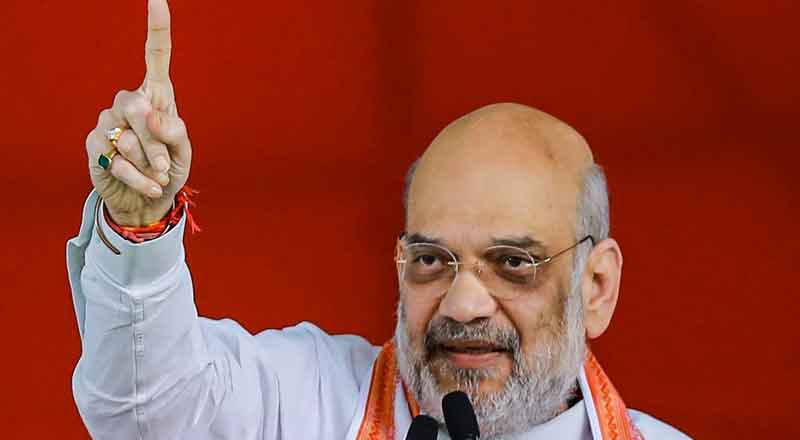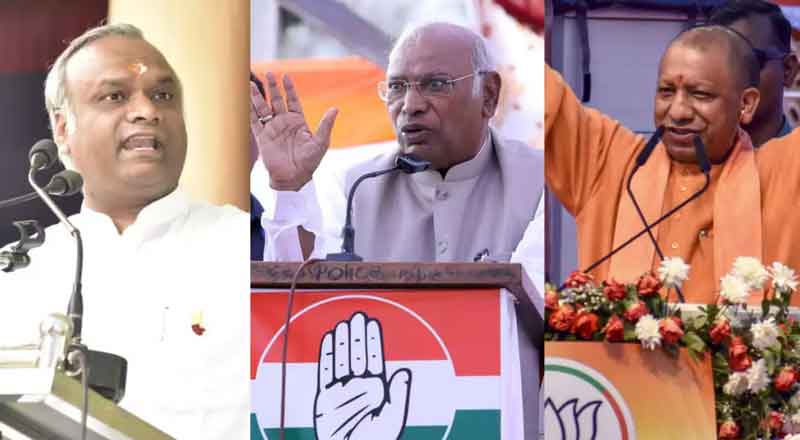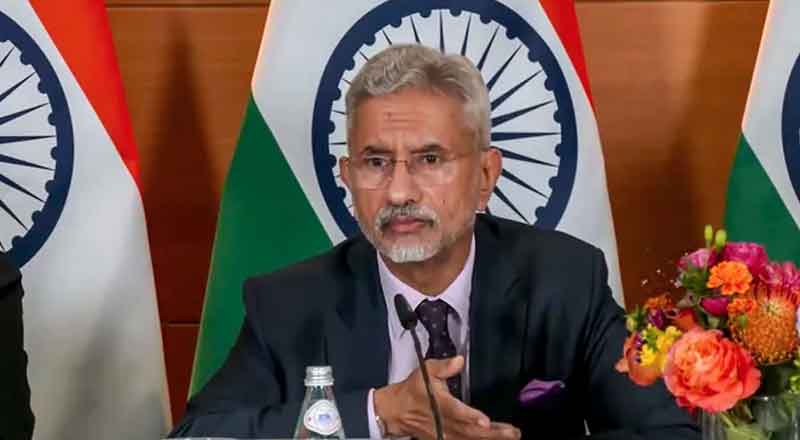- Union Home Minister Amit Shah has reaffirmed that the Citizenship Amendment Act (CAA) will remain intact, emphasizing its constitutional validity.
- He emphasized the BJP’s commitment to fulfilling its manifesto promises and providing refuge to persecuted minorities from Afghanistan, Pakistan, and Bangladesh.
- Shah dismissed claims of unconstitutionality, citing the law’s adherence to Article 14 and its reasonable classification.
- Responding to allegations of political motivations behind the CAA’s notification, Shah refuted claims of opportunism, attributing delays to the COVID-19 pandemic.
- Amit Shah criticized opposition leaders, including Mamata Banerjee and Rahul Gandhi, for their stance on the CAA. He challenged detractors to provide substantive evidence against the law’s objectives.
- He emphasized the need for constructive dialogue and cooperation to address complex socio-political challenges.
- Amit Shah’s steadfast defense of the Citizenship Amendment Act underscores the government’s commitment to upholding national sovereignty and safeguarding the rights of persecuted minorities.
In a resolute stand against opposition criticism, Union Home Minister Amit Shah has reaffirmed that the Citizenship Amendment Act (CAA) will remain intact, emphasizing its constitutional validity and the government’s commitment to ensuring Indian citizenship for persecuted minorities. Shah’s statements come amidst ongoing debates surrounding the CAA’s implementation, with opposition parties questioning its legality and timing.
Amit Shah, in an interview with news agency ANI, reiterated the government’s unwavering stance on the CAA, asserting that it will not be repealed. He emphasized the BJP’s commitment to fulfilling its manifesto promises and providing refuge to persecuted minorities from Afghanistan, Pakistan, and Bangladesh.
Addressing criticism of the CAA’s alleged violation of constitutional provisions, Shah dismissed claims of unconstitutionality, citing the law’s adherence to Article 14 and its reasonable classification. He emphasized that the CAA aims to safeguard the rights of persecuted non-Muslim migrants, ensuring their integration into Indian society.
Responding to allegations of political motivations behind the CAA’s notification, Shah refuted claims of opportunism, attributing delays to the COVID-19 pandemic. He reiterated the BJP’s long-standing commitment to enacting the CAA, dismissing accusations of political gain.
Shah underscored the moral imperative of providing refuge to minorities facing persecution, citing statistics from Pakistan and Afghanistan to highlight the plight of Hindus and Sikhs. He emphasized the government’s duty to uphold the rights of those who seek sanctuary in India, rejecting accusations of discrimination.
Amit Shah criticized opposition leaders, including Mamata Banerjee and Rahul Gandhi, for their stance on the CAA. He challenged detractors to provide substantive evidence against the law’s objectives, accusing them of engaging in divisive politics and jeopardizing national security.
In urging unity and solidarity, Shah called upon all stakeholders to prioritize the welfare of persecuted minorities and uphold India’s humanitarian values. He emphasized the need for constructive dialogue and cooperation to address complex socio-political challenges.
Amit Shah’s steadfast defense of the Citizenship Amendment Act underscores the government’s commitment to upholding national sovereignty and safeguarding the rights of persecuted minorities. Despite opposition criticism, Shah remains resolute in his conviction that the CAA is a vital step towards fulfilling India’s moral and constitutional obligations. As debates surrounding the CAA continue, Shah’s message serves as a reminder of the imperative to prioritize humanitarian concerns and uphold the principles of justice and inclusivity.
(With inputs from agencies)





